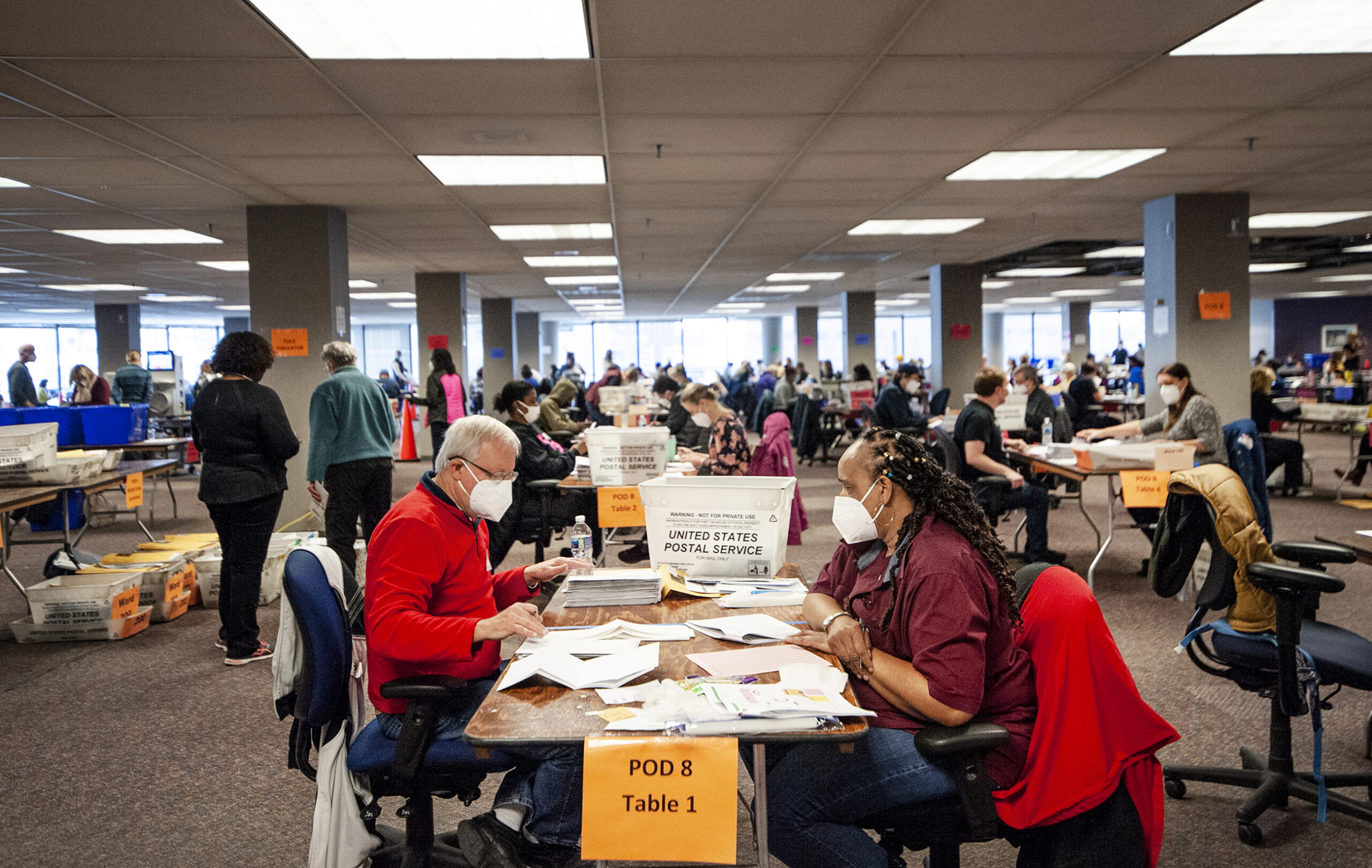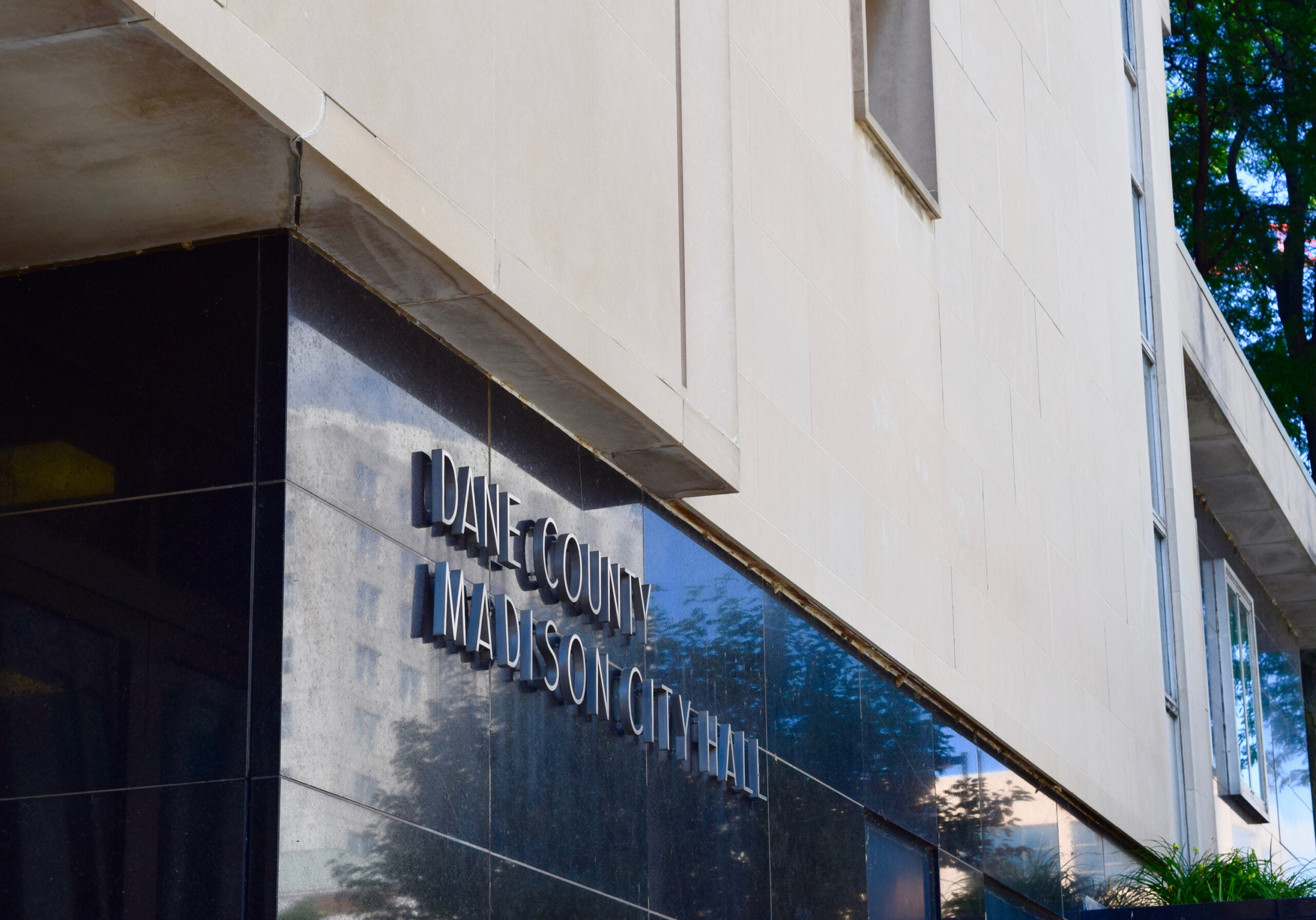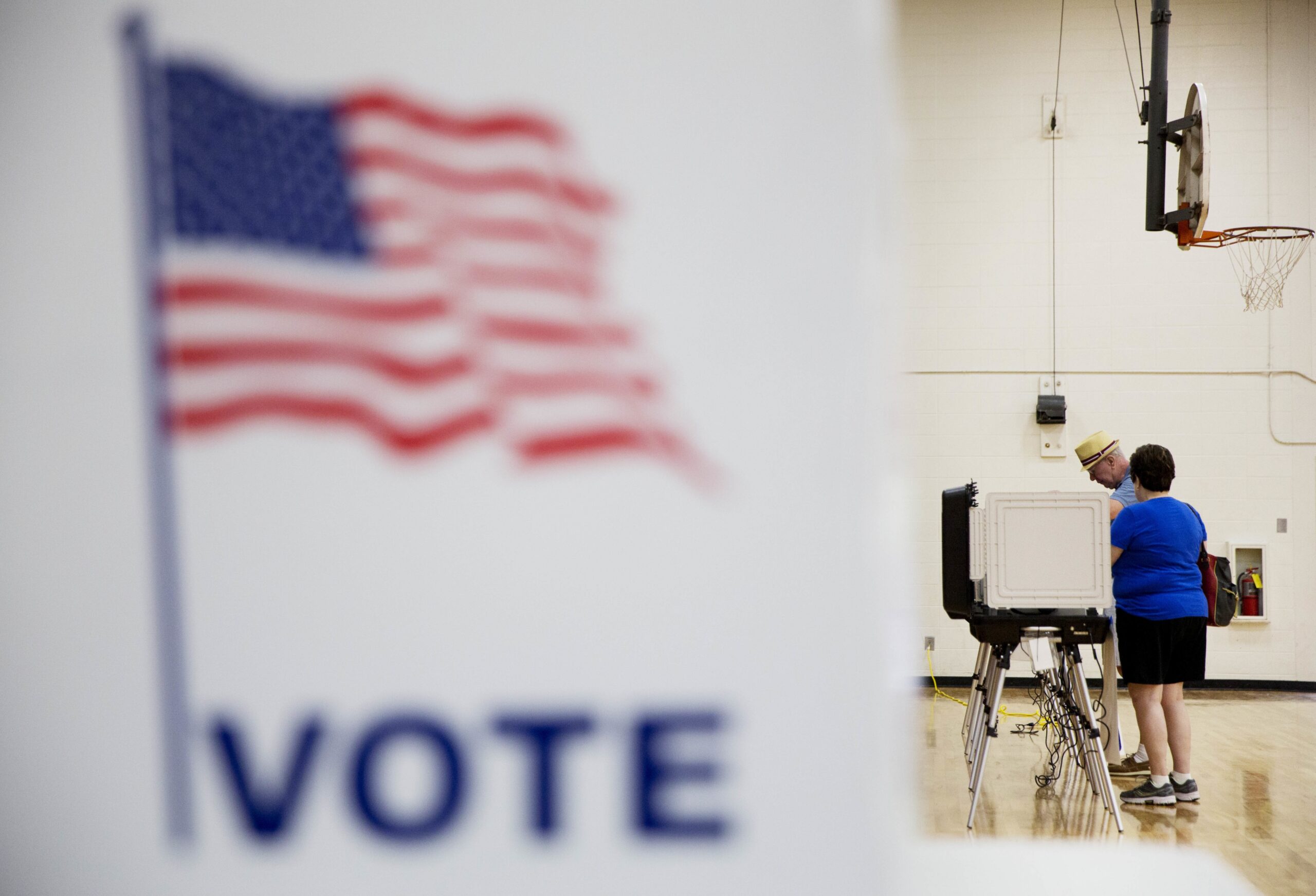Five members of the Green Bay Common Council abstained Tuesday from voting on a resolution claiming confidence that the city’s August and November elections weren’t mismanaged.
After hours of discussion, including about 40 minutes in closed session, the resolution passed 6-1, with Alder Mark Steuer voting against it.
“We’re taking a stance saying, ‘Yep, everything was perfect. We did a great job,’” Steuer said.
Stay informed on the latest news
Sign up for WPR’s email newsletter.
He feels Green Bay’s elections went well, but he’d be more comfortable expressing full confidence after Mayor Eric Genrich and City Attorney Vanessa Chavez testify before the Assembly Committee on Campaigns and Elections in Madison, he said.
Genrich and Chavez were unable to testify at a hearing in March due to a scheduling conflict. They’ve since been in touch with the committee’s chair regarding their availability, Chavez said.
The resolution states the city and its common council assert “that the August and November 2020 elections administered by the city of Green Bay were properly executed in an accurate, safe and secure manner” and reject claims to the contrary.
Several of the alders who abstained said they don’t have enough information to verify the resolution’s accuracy — especially considering six residents, including former Brown County Clerk Sandy Juno, filed a formal complaint with the Wisconsin Elections Commission in April. The city must respond to the complaint by May 25.
Discussions surrounding the November election have focused on several topics, including whether a hired consultant had undue influence at Central Count and if the city clerk was overstepped by other local officials while preparing for the election, said Alder Chris Wery, who abstained from voting on the resolution.
Chavez aimed to answer some of those questions through an informational report — not a legal document — published last month.
“I wasn’t tackling it from a legal standpoint because I never saw any issues coming up,” she said Tuesday.
She received additional queries from councilors Tuesday, noting she would have formally presented her concerns to the council had she found any evidence of wrongdoing. Several key players in Green Bay’s November election declined to speak with Chavez for her report. Alder Jesse Brunette said he thinks the council should remain impartial until all the details are available, he said.
“You get full confidence by having full knowledge,” he said. “You only have full knowledge by full disclosure, and we are still finding out more daily it seems.”
Alder Barbara Dorff, who helped write the resolution, said the council should show support for the city’s staff.
“I don’t think the time to express full confidence in our elections is after everybody else in the world expresses full confidence in our elections,” she said. “I think we are the City Council of Green Bay. This is the time that we stand behind what we know to be true.”
Other council members echoed her, noting the resolution didn’t state the election was flawless, just that there was no malfeasance.
A handful of Brown County residents spoke during the meeting, mostly in favor of the resolution. Several expressed concerns that continued discussions over the November election could fuel damaging conspiracy theories.
Sandy Duckett, who volunteered as a poll worker in April and November, however, voiced frustrations over how the elections were managed. In addition to logistical issues, she had to advise her fellow volunteers not to discuss politics, she said.
For months, some Republican lawmakers have raised concerns about grant money that Green Bay and other Wisconsin cities received from a group, funded by Facebook CEO Mark Zuckerberg, to help administer elections during the pandemic. Questions center largely around consultant Michael Spitzer-Rubenstein, from the National Vote at Home Institute, and the role he played at Green Bay’s Central Count on Election Day.
Wisconsin Public Radio, © Copyright 2025, Board of Regents of the University of Wisconsin System and Wisconsin Educational Communications Board.





